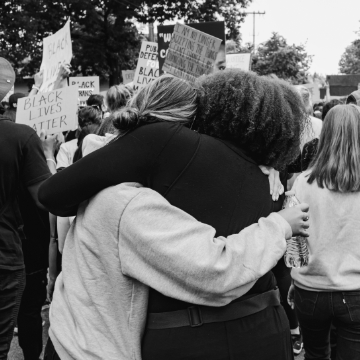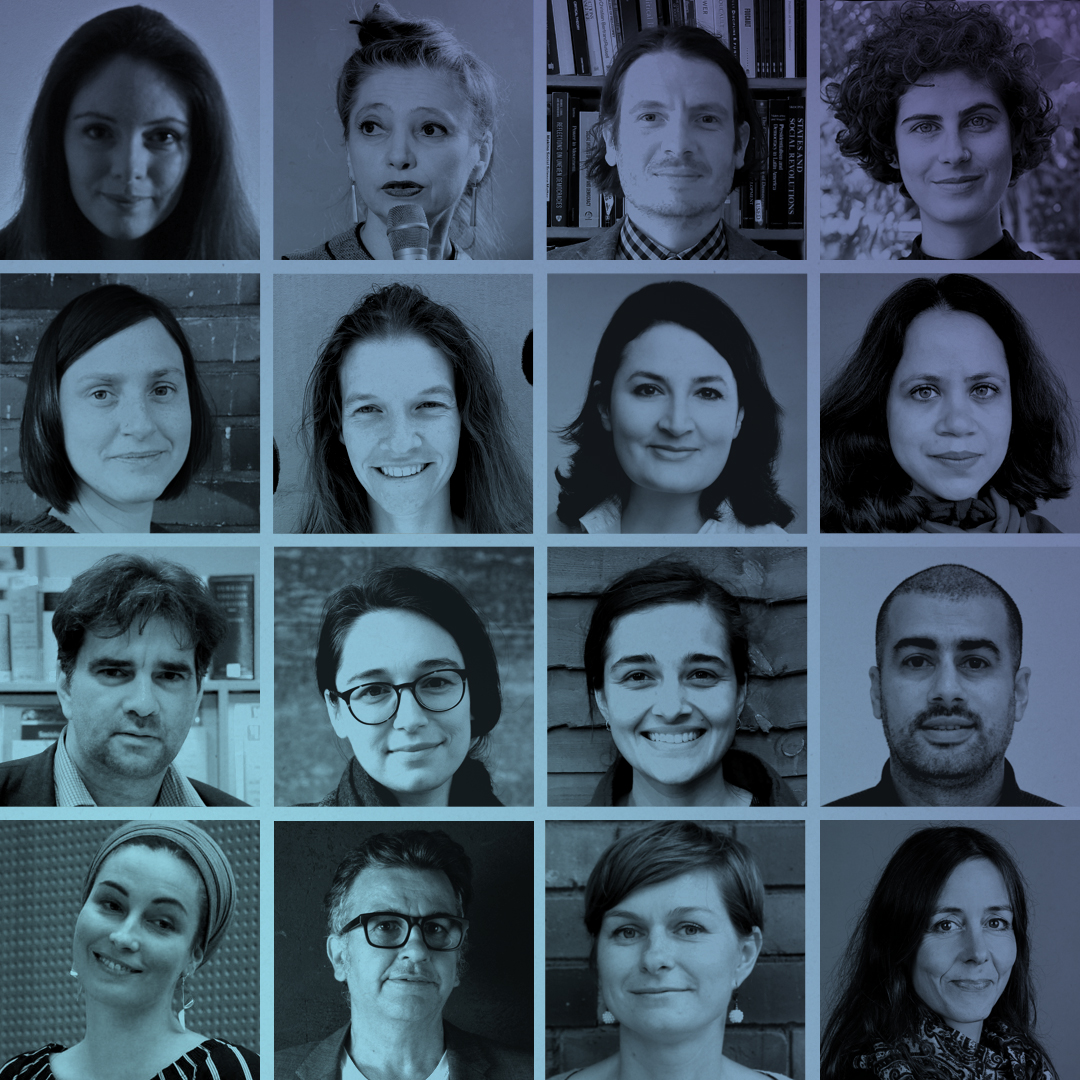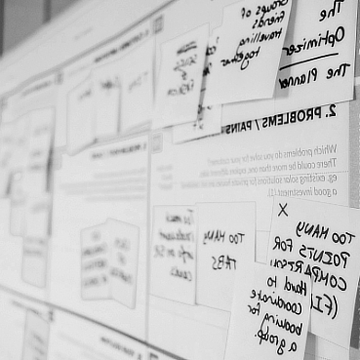In trying to understand the political economy of photography, and more recently, of archives, I am interested in the following questions: what does the traffic in materials as intimate as ‘memories’ and ‘pictures’ entail for disenfranchised people and minority groups? How does the need to ‘make visible’ contend with anxieties around the collection and distribution of personal data and understandings of copyright and custodianship, which vary from country to country, from person to person, from one generation to the next? My comparative approach will demonstrate how emergent practices of crowdsourcing, animating and disseminating ‘the archive’ reinforce exploitation and exclusion along caste, class, gender, religious and ethnic lines, as well as how they enable community building and self-care for disenfranchised people and open lines of connection and solidarity.




